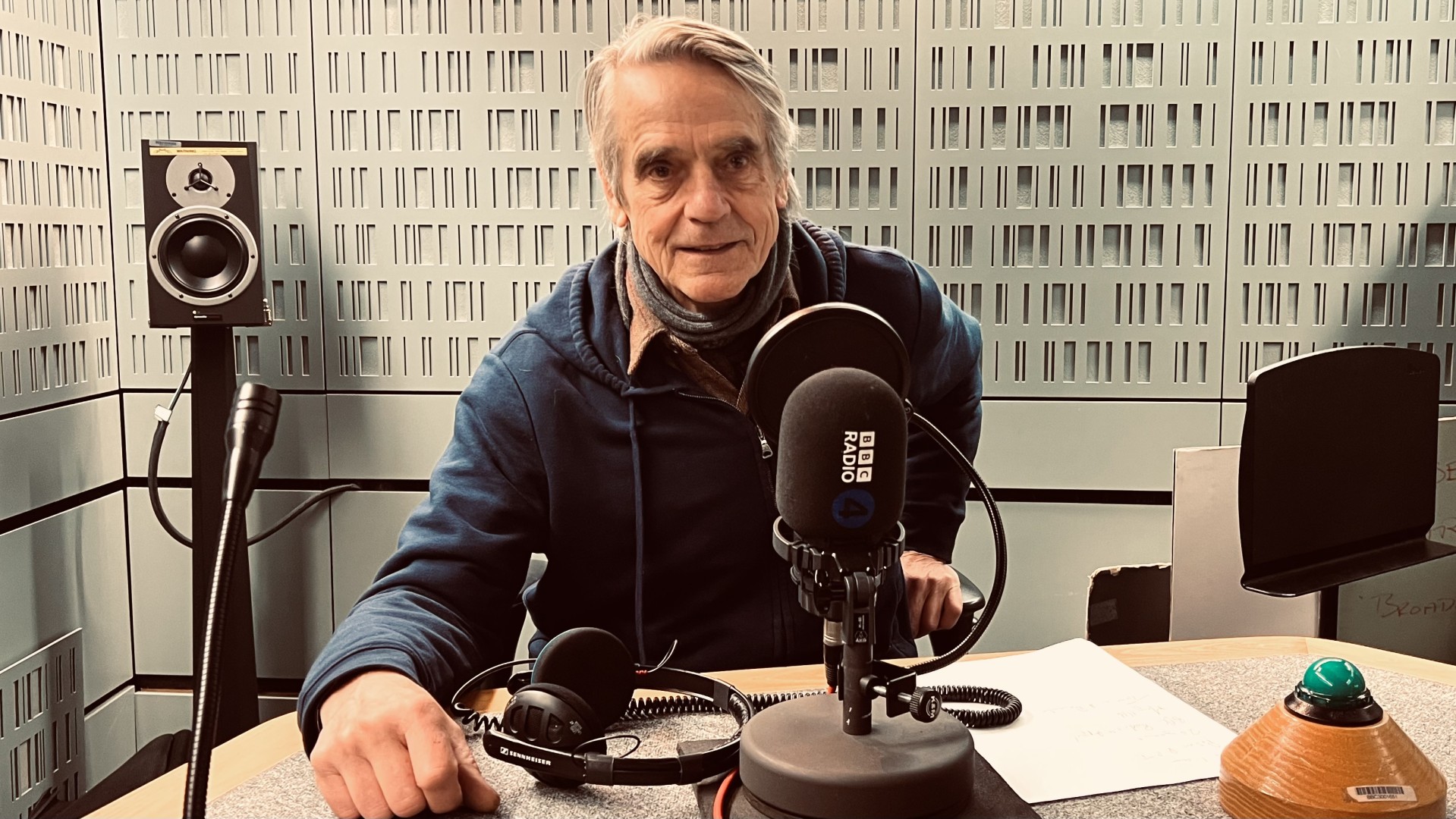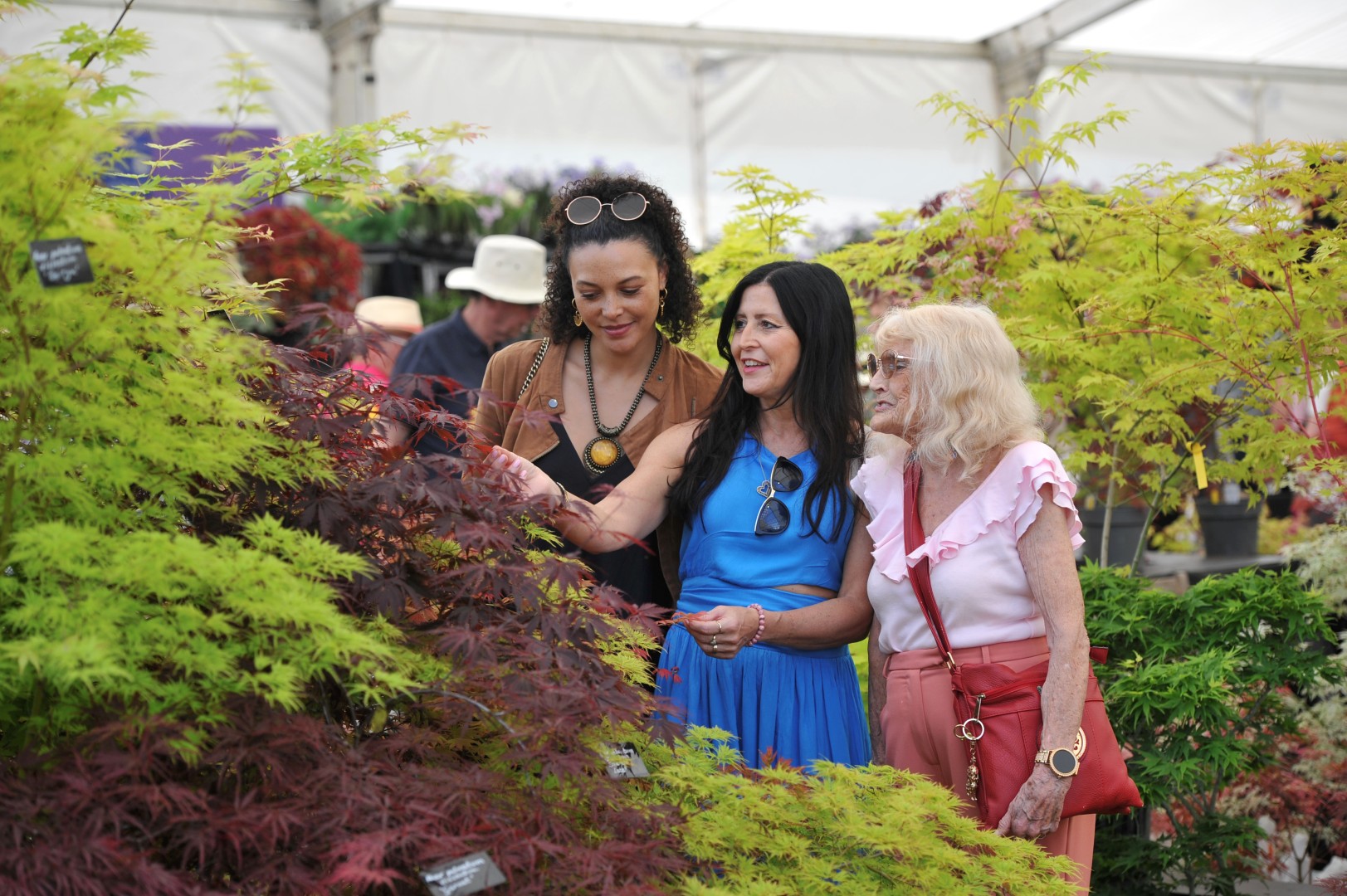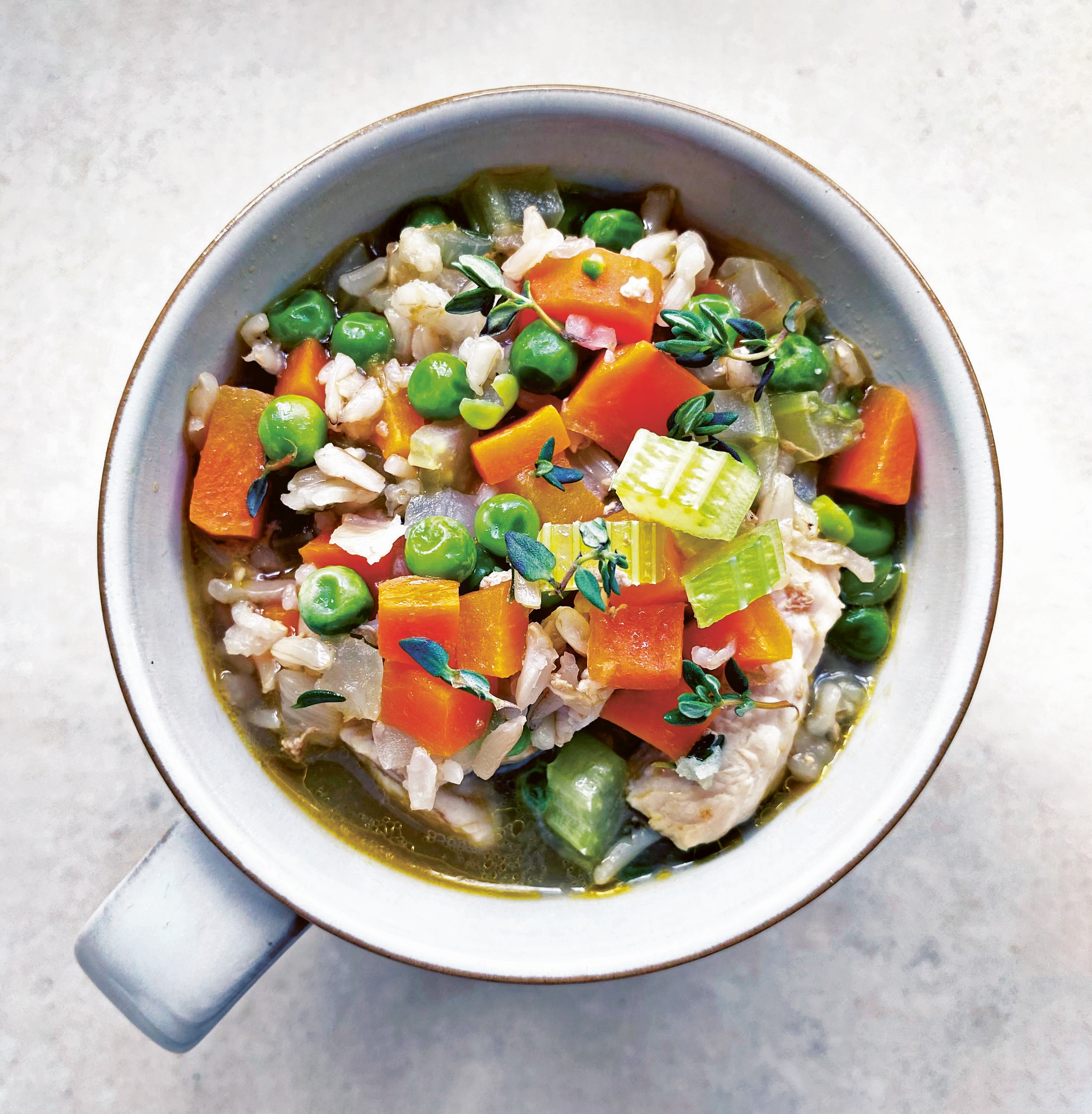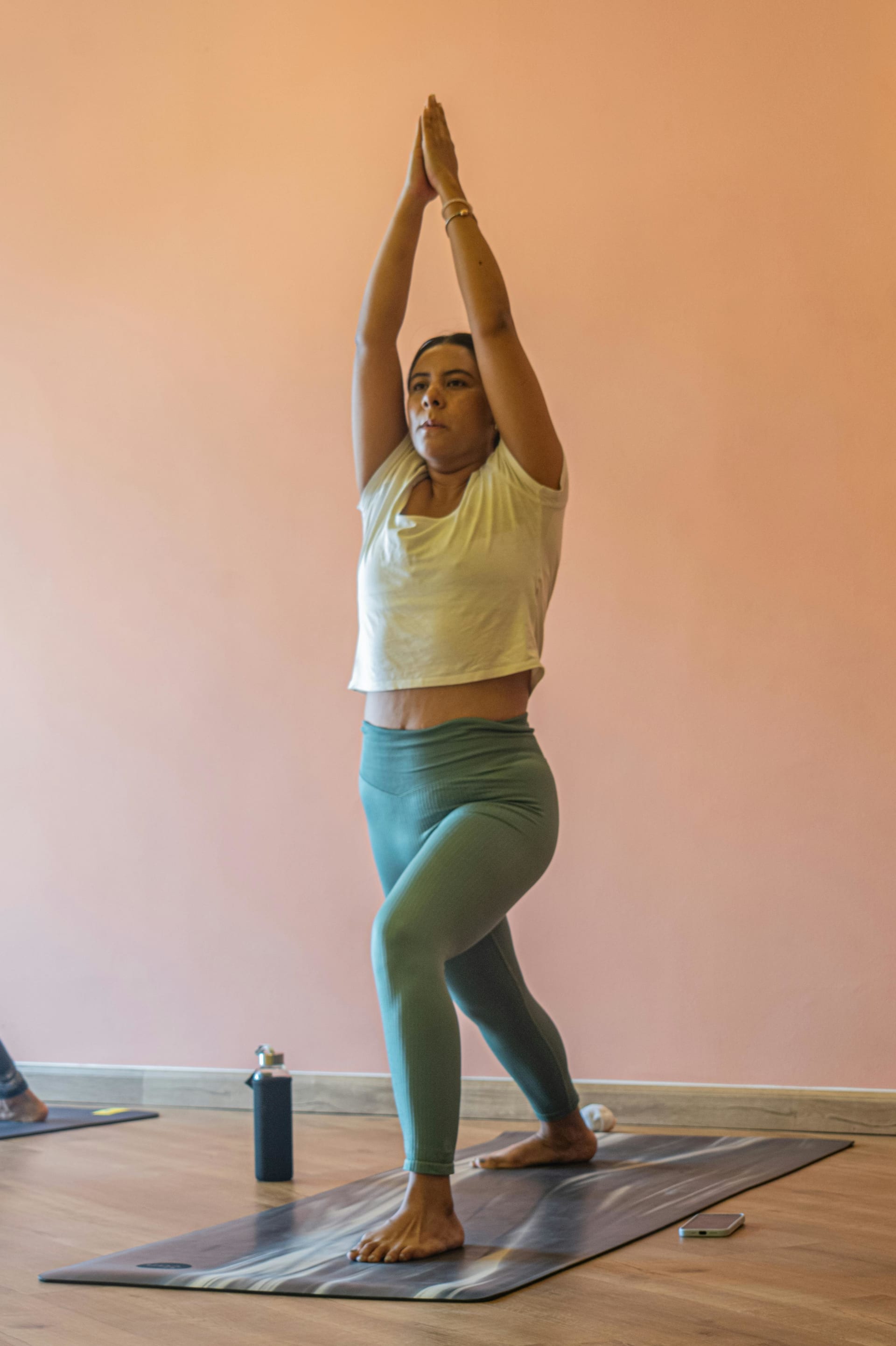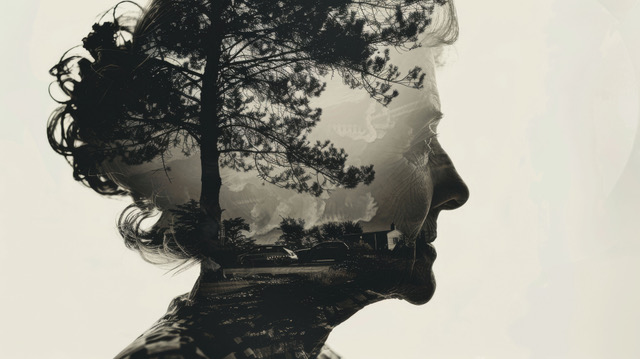Film and TV actor Jeremy Irons lives with his wife Sinéad Cusack in rural Oxfordshire. He is best known for his Oscar-winning performance in Reversal of Fortune, Brideshead Revisited and as the voice of Scar in the Lion King. This month, he will be presenting a BBC Radio 4 Appeal for Oxford charity, The Prison Phoenix Trust.
How did you come to be involved with yoga and meditation in prisons?
I was introduced to the Prison Phoenix Trust by an extraordinary woman called Sister Elaine McInnes who was a musician, Catholic nun and a Zen master. That's quite a person and she invited me to get to know the work of the charity, to visit some prisons and see what I could do. I had at that time a little celebrity and so I became involved as a patron. The more I got to know The PPT and the work they were doing, I thought this is a no brainer. Yoga and meditation can help to cut recidivism. Prisoners who have been doing this are less likely to go back. In an economic sense, for every prisoner we help who doesn’t go back to jail, it is saving money.
What have you learnt about life in prison?
There is a real mental health crisis in prisons. Because of staff shortages and funding shortages in prison, prisoners are often spending 22 hours a day alone in their cell – that’s not something I would like to do. But The Prison Phoenix Trust helps turn that cell into an ashram, a place of quiet, a place where you can practise meditation, yoga, and so immediately you're turning your environment into a positive place.
Teaching people yoga and meditation is such a simple way to give people the structure, the grounding to begin to get themselves right, give them support while they're doing this. The yoga and meditation which you learn in prison calms you – centres you – and gives you a sense of self and a sense of hope. It gets you in touch with your heart and allows you to see clearly who you are, what you are.
Tell us about your friendship with Sue
Sue was an addict, who had suffered trauma and abuse in her childhood and ended up with a four-year prison sentence for drug dealing. But she says that for her, prison was actually a blessing – a release from the chaos and pain of her life. She saw it as a chance to change and wrote to The Prison Phoenix Trust for help. A mentor from the Trust responded. Over time, they helped her practise meditation, using her breath to calm anxious thoughts and to find what she now calls a ‘home within her heart’; a way to live with the trauma of her childhood. It was the source of inner strength she needed to stay off drugs and she has been clean ever since.
On her release, she worked as a counsellor for others struggling with addiction and, since then, has focused her life on giving something back to society, because she's a wonderful woman.
Listening to Sue [talk] about how she's been able to turn her life around and now positively help those people who are going through the same thing with all that experience is wonderful. She's been through a long life and learnt a lot and it was an honour to meet her. She’s writing her memoir, and I’ve offered to help her with that.
Could you ever imagine going to prison yourself?
In the back of my head I know I'm a fairly anarchic person and I think I could have so easily made missteps in my life which landed me up in jail. I remember visiting a prison and talking to a young man in there and I felt, I'm no different to you, you've just fallen [on] the wrong side: you've had a terrible moment in your life and it's changed everything.
But that doesn't mean we have to give up on you because you're me, you're a guy like me, there has to be a future, there has to be, you have to resolve this and hopefully come back from that terrible thing you did into the community and live a positive life.
It's very easy to think of prisoners, people who go to jail as being just another, someone else, it's nothing to do with me, it's to do with all of us.
To find out more or make a gift to The Prison Phoenix Trust visit theppt.org.uk

